Academic Environment
Areas of educational psychology Since educational psychology is an applied science, i.e. it borrows from a wider field of psychology, the following are some of the areas educational psychology borrows from. 1. Cognitive psychologyCognitive psychology is a branch of psychology that deals with the mental processes that are involved in understanding behavior. These are thinking, remembering, forgetting, problem solving and perception. From this area of psychology the teacher applies the principles of enhancing memory of learned material. He also learns what to do in the learning situation in order to minimize forgetting of the learned material. 2. Developmental psychologyDevelopmental psychology is a science that studies the changes that take place in the lifetime of a person. The changes take place in the body from the time of conception through uterine life, infancy, early childhood, adolescence, young adulthood, middle adulthood, and later childhood, aging and dying. Developmental changes also take place in the intellectual dimensions. These changes refer to the development of thought and the ability to acquire knowledge and use it throughout the chronological and mental ages of children. In this dimension, the child develops intellectually. For example; purgation stages of cognitive development according to Piaget, child development is based on the reflexes that are present at bail. These reflexes lead to the sensori motor that is present from birth to two years of age. Intelligence from sensori motor stage of cognitive development, the child develops pre-operational reasoning, concrete operations and formal operational stage. These stages are well covered in the Human Development course. Our duty here is to point out that the teacher applies the knowledge of the child which also helps the teacher to gauge the level of difficulty of content so that he can organize teaching and learning activities that present the right level of difficulty to learners. From the Purgation theory, the teacher also derives the teaching procedures that are appropriate to the level of cognitive development of the learner. For example, if learners are concrete thinkers then the teacher uses concrete things in teaching them but if the learners are formal thinkers, then the teacher can use abstract concepts. The application of information gained from cognitive psychology makes teaching and learning very effective. From developmental psychology the teacher understands the learner’s emotional, social and moral development. With this understanding, he is able to develop learning activities that help the learner to develop positively in these areas. This ensures that the learner is well rounded in development intellectually, physically, socially, morally, emotionally and even spiritually. 3. Social psychologySocial psychology refers to the study of social interactions and their influence on individual and group behavior. From social psychology, the teacher understands how attitudes are acquired and changed. For example, how learners acquire positive and negative attitudes towards a teacher, a subject, a school or even the schools’ administration and how the acquired attitude affects learning and adjustment to school. From social psychology, the teacher gains insights as to how biases and prejudices are acquired and how they can affect learning. The teacher also acquires information regarding how friendships develop and how friendships are maintained. This has a bearing on the learners’ social adjustment and acceptance by the peers and its effects on learning. 4. Psychometric psychologyPsychometric psychology deals with the measurement theory, which equips the teachers with the skills needed in the measurement and evaluation of relevant variables. These are variables like achievement and personality traits in educational settings. Equipped with the measuring skills the teacher is able to evaluate learning and to make the necessary adjustments so that effective learning takes place. 5. Personality psychologyPersonality theories are concerned with individual differences. They `explain why each learner is unique in terms of his needs and his personality traits. Information gained from the personality psychology equips the teacher with the tools he needs in terms of understanding each learner particular and learners in general. This understanding helps the teacher to organize learning experiences that carter for each learner. This is important since the teacher deals with learners with differences in intellectual ability, emotional experience and expression, moral thinking and behavior, sociability and other traits that learners bring to class. 6. Mental hygieneMental hygiene refers to those factors that promote the child’s adjustment. These factors may exist in the home, in the school among peer and in the community and may operate to promote or hinder learning and adjustment. The teacher who is aware of these factors will be prepared to handle any problem that arises from any of the possible angles and help the learner to cope adequately in situations.
Guidance and counseling are major concerns of mental hygiene. The teacher who can both guide and counsel learners will help to promote appropriate methods of solving problems and dealing with the stresses of daily living in the learner.
0 Comments
Leave a Reply. |
RSS FEEDS
ARCHIVES
Archives
May 2024
CATEGORIES
Categories
All
|
We Would Love to Have You Visit Soon! |
Hours24 HR Service
|
Telephone0728 450425
|
|
8-4-4 materialsLevels
Subjects
|
cbc materialsE.C.D.E
Lower Primary
Upper Primary
Lower Secondary
Upper Secondary
|
teacher support
Other Blogs
|
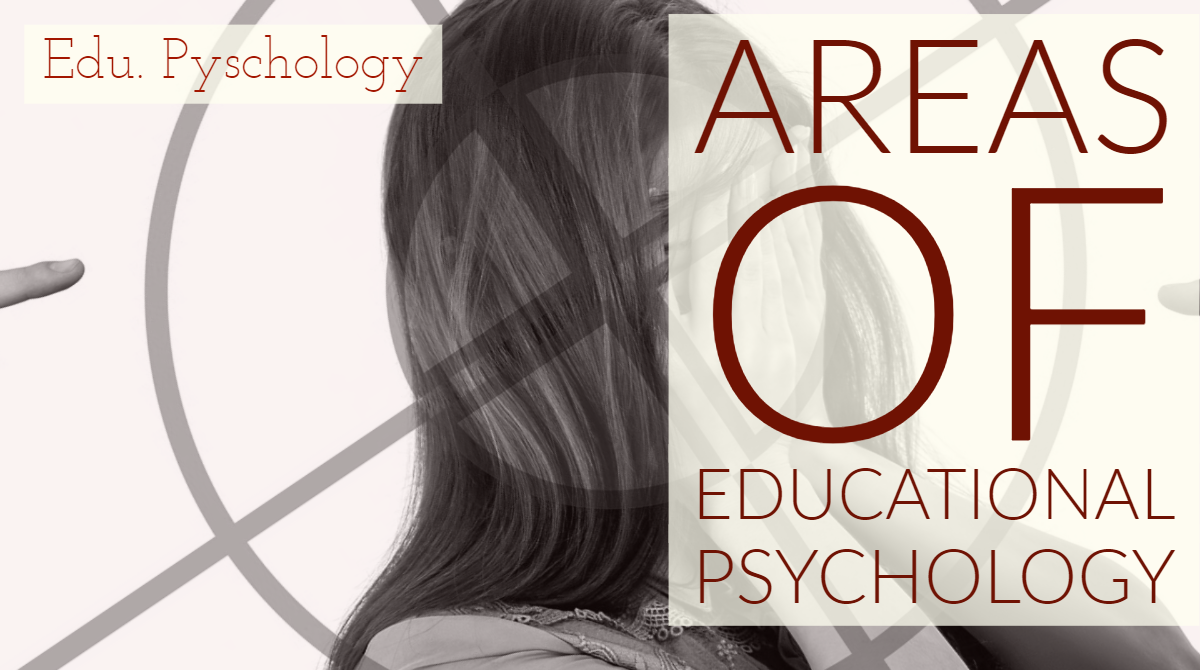

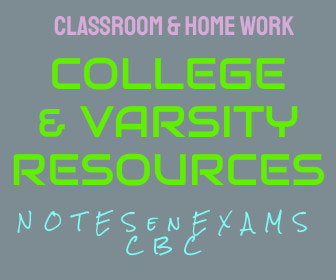
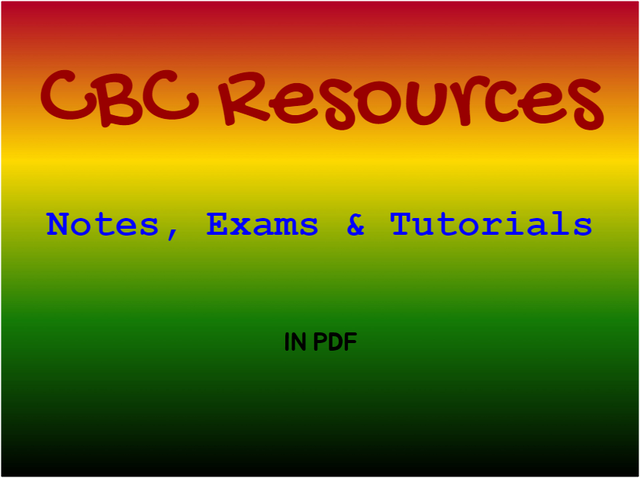
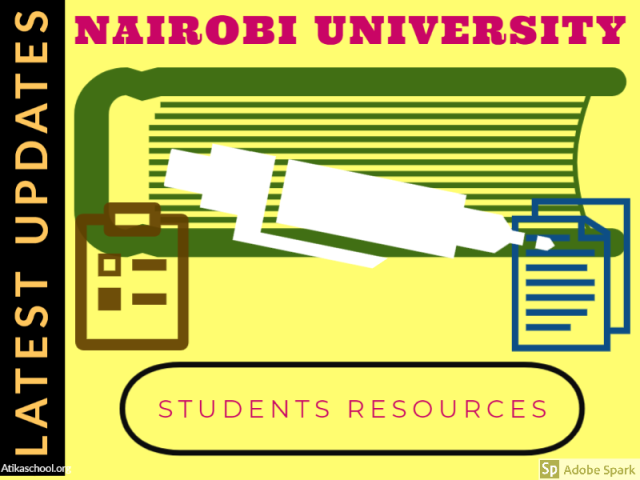
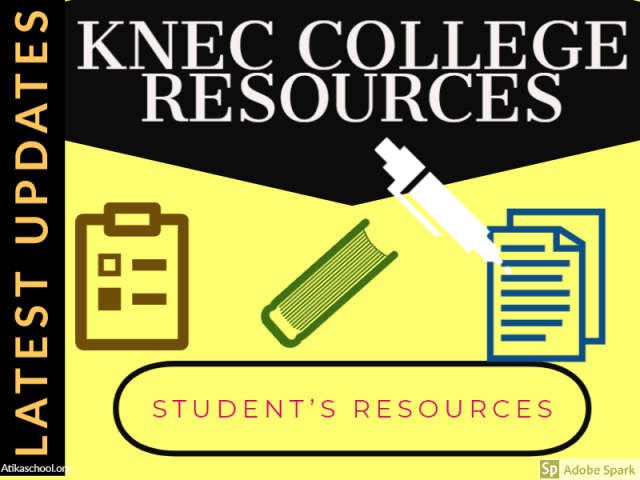


 RSS Feed
RSS Feed